‘Sales halted’ — apartments are not getting cheaper: how long developers will be able to keep prices down
Despite a reduced demand in the market, new buildings in Tatarstan are only getting more expensive
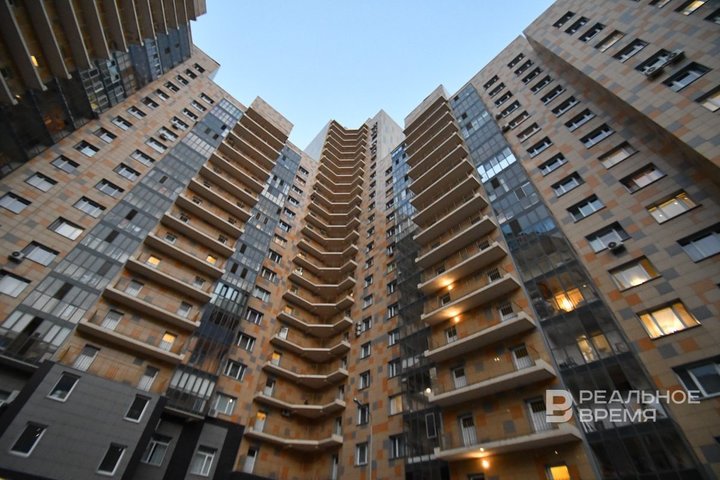
Three months have passed since the cancellation of mass preferential mortgages in Russia, developers are experiencing a significant decline in sales. As planned, the real estate market has managed to cool down. However, new buildings in the country have not become cheaper, and in a number of regions, including Tatarstan, they continue to rise in price. How long developers will be able to keep housing prices down, who managed to abuse state support and take out 26 mortgages and what can replace the benefits for buying an apartment — in the material of Realnoe Vremya.
“Where do you get the resources to reduce the price of a square metre?”
As predicted, in the third quarter of the year, the Russian primary housing market faced a sharp decline in demand and a drop in sales caused by the cancellation of mass preferential mortgages. Anatoly Aksakov, the chairman of the State Duma Committee on the Financial Market, and German Gref, the head of Sberbank, expected that this would lead to lower prices for new buildings. However, this is not happening yet, Domclick said.
Analysts have studied in detail the dynamics of prices per square metre of housing in the largest regions of the country from June to September. We have reviewed various segments of new buildings: studios, small and large apartments. It turned out that, despite a natural cooling of demand, the primary housing market is not getting cheaper. The median cost per square metre of housing in the country has increased by 1.8% and reached 186,000 rubles. At the same time, the volume of supply has decreased by 2.3%.
Tatarstan took fourth place in terms of the high cost of the square metre in new buildings at the beginning of September — 191 thousand per square metre, after Moscow, St. Petersburg and Moscow region. Moreover, if in both capitals and the region in recent months housing has become at least a little cheaper, in our republic it has continued to rise in price — prices have increased by 1.8%, even in conditions of declining sales.
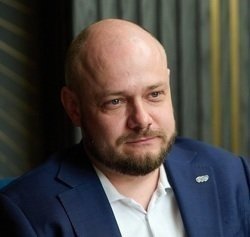
In other words, in conditions of declining sales, developers begin to offer discounts on not the most popular lots, distributing losses to the remaining pool of apartments, “which will lead to further appreciation, not cheapening, just this appreciation will be postponed and fixed in the business plans of developers.” If sales fall and construction continues, the interest that the developer pays for the borrowed funds increases significantly. “The developer goes to the standard rate at 20%, so where does he get the resources to reduce the price of a square metre?” the speaker noted.

“There is an acute shortage of builders in Kazan against the background of BRICS — and prices are inflating”
The surveyed real estate market participants agreed that there are no prerequisites to expect a global decline in prices in new buildings in Kazan in the coming months. Developers will offer clients promotions, bonuses and participation in their own programs, but will try to keep prices down because they are bound by credit obligations.
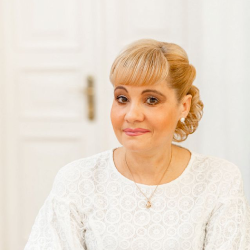
Secondly, the price of building materials has increased by an average of 20-30%. Labour and machinery are also much more expensive than before. “Therefore, an increase in housing prices does not mean that we are increasing our marginality. All this goes to cover expenses," the speaker explained.

“The real estate market was strongly warmed up, and now the situation is such that the cost of construction has grown quite seriously — more than twice," Maxim Nikolaev agrees with his colleague. “We see this both by the types of work and by the cost of the materials themselves. Moreover, in Kazan, against the background of the BRICS, there is an acute shortage of builders, respectively, and prices are inflated. There is definitely no reason to expect a price reduction in Kazan. On a one-time basis, yes, but globally, no.
Price stabilisation may occur during the year, unless there are sharp changes in the construction materials market. Even if the Central Bank starts to reduce the key rate, this will affect future construction projects more likely, developers say. But even in this case, a big change in the cost of new buildings is not expected: “I don't think there will be a sharp price reduction of 10-15%, this is not visible on the horizon. Do you believe that bricks will fall in price by 20%? Or do people who now want 8,000 rubles for a cubic metre of brickwork — that they will suddenly want to work for 4,000 next year? I don't believe it, and headhunter confirmed that there is no point in waiting for cheap labour in the near future.”
The housing market is adjusting to the absence of mass preferential mortgages, although targeted state programs are undoubtedly needed, the interlocutors of the publication believe. “Because residents cannot pay so much on a regular mortgage: if earlier the monthly payment was 30,000, now it is 60,000 or reaches 70,000 rubles if you take a large apartment. Taking into account the rising cost of food and living standards, of course, there should be a preferential mortgage in order to maintain housing affordability," Olga Volchkova is convinced.
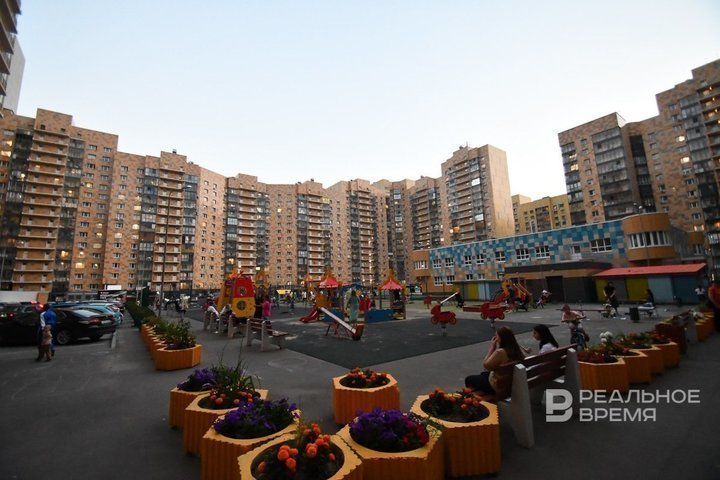
Now Russia is announcing the emergence of new tools for solving the housing issue. For example, the State Duma proposed to create construction savings banks (SSC) as an alternative to the programs that have gone away. The depositor will make fixed contributions to the cash register and, having accumulated 30-50% of the cost of the apartment, will be able to get a loan on attractive terms for a period of 7 to 15 years. However, the initiative has not yet found support in the government.
“The absence of a decline in prices is due to the uncertainty of financing a family mortgage”
The upward trend in prices was associated with the previous high interest of Russians in preferential mortgage programs. Although state-backed mortgages have become more targeted, in August the percentage of loans on preferential terms in the segment of new buildings has increased to 95% (from 93% in July).
“The absence of a visible decline in the price level is largely due to uncertainty about the financing of Family Mortgage: many statements that the limits will soon be exhausted and that the issuance of the program will be stopped, led to another wave of demand. In September, the average number of disbursements per week under state programs was about 6,600, while in August the figure was at the level of 5,500," explained Alexey Leypi, the director of Domclik division of Sberbank.
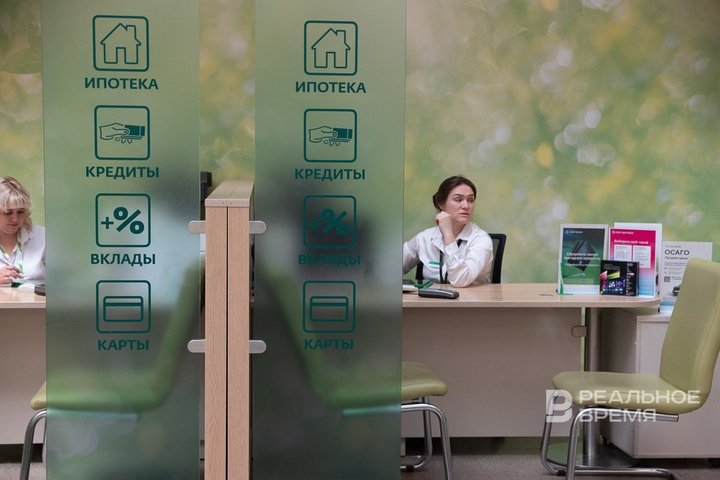
Previously, large banks suspended registration for family mortgage transactions, citing the exhaustion of cash limits. The Ministry of Finance reported that banks had 427 billion rubles left to issue loans under the program, and small market players had these funds. The money, according to the ministry, should be enough until November. At the end of the week, the Ministry of Finance called the situation with the exhaustion of limits on preferential mortgages already uncritical — if necessary, they can be increased, said Alexey Yakovlev, the head of the ministry's financial policy department.
“Sales of other mortgage products have almost stopped — all except the Family one. And now the Family Mortgage has also risen due to the fact that the limits have ended. VTB raised the initial payment to 50%, although they still have a record. Since last week, Sberbank has stopped sign for transactions for already approved mortgages. Now only all kinds of deferrals, installments, subsidising rates from developers will work, but it's all sewn into the price," explained Maxim Nikolaev.
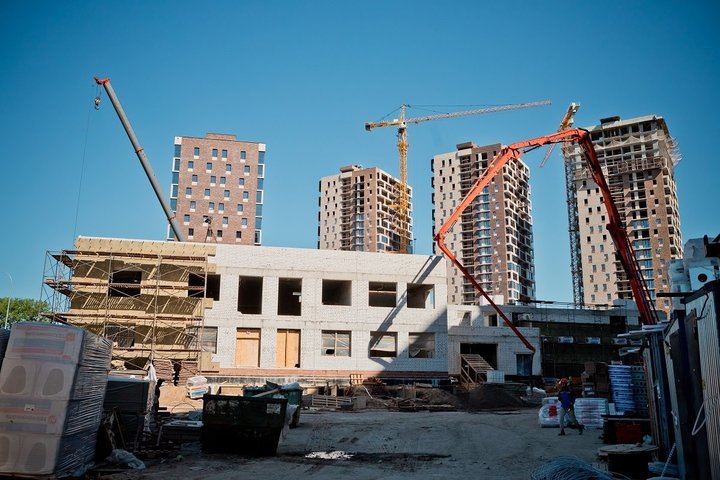
The rejection of a mass preferential mortgage in favour of an addressable one is called a necessary solution to reduce prices in the primary housing market and to smooth out the price difference with the secondary housing.
“It is difficult to predict anything now. But by and large, the state is leading to restore the balance between the secondary market and new buildings. After all, the built housing should cost a little more than the one under construction. Otherwise, where is the logic — to buy housing under construction. It turns out that in order to eliminate the bias, it is necessary that either ready-made housing rise in price, and new buildings remain at the same level, or new buildings fall in price, and ready-made ones retain prices, Ruslan Khabibrakhmanov explained.
Earlier, the Accounting Chamber published the results of the study, directly linking the subsidisation of mortgage rates by the state with the rise in price of new buildings. In addition to high budget costs, the auditors announced cases of abuse of housing purchase benefits. According to the Accounting Chamber, last year 114,900 Russians took out two or more preferential loans totalling 1.11 trillion rubles. Another 1,500 people took out five or more mortgages worth 42.45 billion. But the record was broken by a borrower who managed to issue 26 loans with state support. It is quite obvious that such clients were not the target audience of state programs. Instead of fulfilling its socially significant function — to provide affordable housing for middle-income families, a massive preferential mortgage led to the formation of a bubble in the real estate market, researchers say.